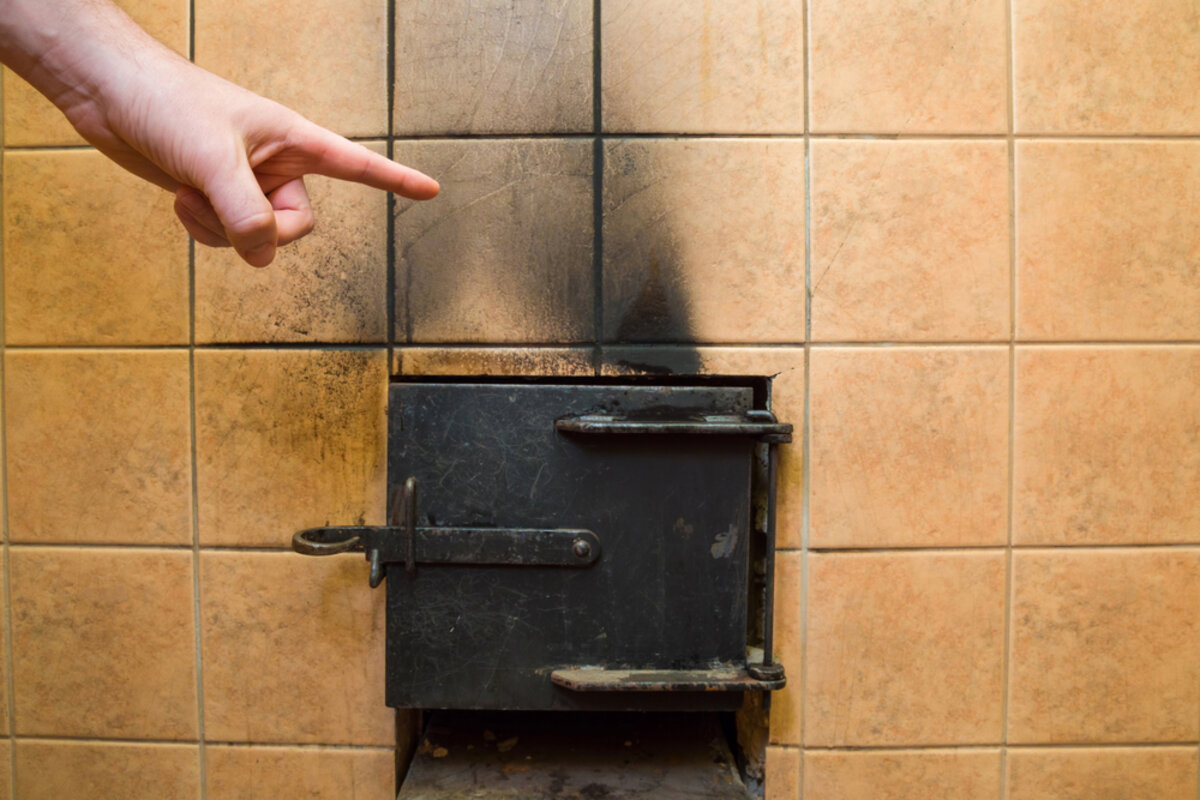One of the most common questions we get from property owners is: “Is water damage considered an emergency?” The short answer is yes, it often is. Delays in dealing with water intrusion can result in progressive damage that not only affects the aesthetics of your property but can also lead to structural issues, and more importantly, health risks such as mold growth.
In this article, we will discuss why water damage is generally considered an emergency, the process for effective water damage restoration, and why calling professionals is recommended.

Why Immediate Action Is Crucial
Water damage is often a ticking time bomb. The longer water sits in an area, the worse the resulting damage becomes. This makes the immediate removal of water and commencement of the drying process vital. This urgency isn’t solely to preserve your home’s look or to safeguard your furniture and valuables; it’s to ensure that you’re not facing more serious, long-term issues like mold and structural damage.
Variations of Water Damage
Not all water damage is the same. There can be various sources like leaks from plumbing systems, natural disasters, or even an overflowing bathtub. The type and extent of damage might differ based on the source, but regardless, it’s generally considered an emergency that requires immediate attention.
Why Expertise Matters
Most homeowners do not possess the specialized equipment or knowledge required to manage water damage effectively. You might think that a wall or a piece of wooden furniture seems dry to the touch, but that’s not an accurate measure of moisture content. This is where professionals come into play.
Our experienced teams employ moisture meters and other advanced technology to pinpoint hidden wet areas. Even if you can’t see or feel it, water might be accumulating behind walls or underneath floors, setting the stage for future problems like mold growth and structural damage. Our advanced equipment enables us to spot these problem areas and deal with them effectively.
Steps in Professional Water Damage Restoration
Initial Assessment
As soon as our team arrives, we conduct an initial assessment to gauge the extent and type of water damage. This step is critical for determining the best course of action for effective water damage restoration.
Water Extraction and Drying
After assessment, we employ powerful pumps and vacuums to remove water as swiftly as possible. Once the water is removed, the drying process begins, which includes the use of dehumidifiers and air movers to expedite the process and prevent further damage.
Monitoring and Final Checks
Throughout the restoration process, we consistently monitor moisture levels using advanced meters. This ensures that we have completely eradicated the problem and helps prevent future issues from cropping up.
Conclusion

Water damage is usually considered an emergency for several compelling reasons. Delaying action can lead to increasingly severe issues, including health risks. Although it may seem tempting to deal with the problem on your own, it’s almost always advisable to call in professionals. Not only do they have the equipment to manage the situation effectively, but their expertise also allows for a thorough job, mitigating risks of future damage.
So, if you notice water damage, act immediately. Remember, our crew is available 24/7, 365 days a year, ensuring that your property gets the emergency care it needs to avoid further damage or disruption. Contact Service Restoration today to learn more about whether water damage is considered an emergency.


















